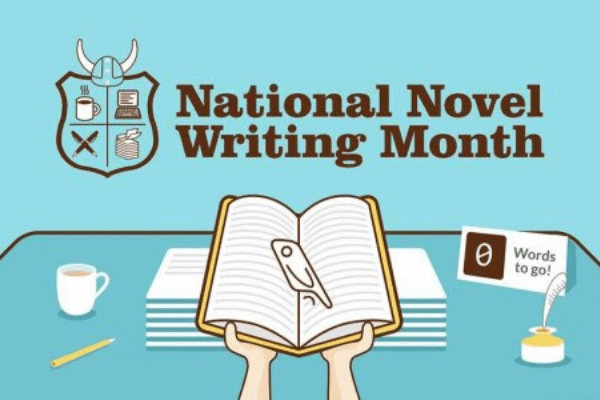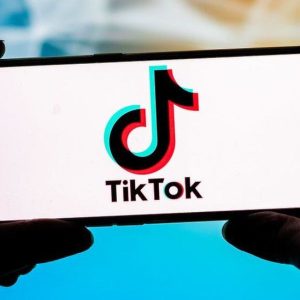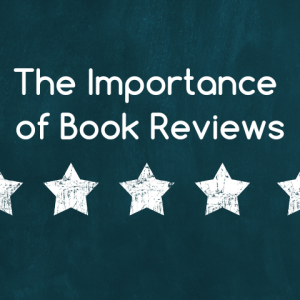As many writers know, November is National Novel Writing Month. During the thirty days of November, participants are challenged to produce a 50,000-word novel. This requires writing, on average, about 1,667 words per day. It’s ambitious. The goal of National Novel Writing Month (NaNoWriMo) is to motivate writers to get their stories out of their heads and on to the page. For anyone who has ever said, “I have a wonderful idea for a novel,” this challenge is for you. Begun in 1999, NaNoWriMo now has hundreds of thousands of participants. The event is overseen by a national non-profit organization that offers support, community (like forums and pep talks from successful writers), and word-count tracking tools.
National Novel Writing Month has many benefits for writers, but what about readers? Does NaNoWriMo hold any value for them? Indeed it does. What would our literary culture be without The Night Circus by Erin Morgenstern or Sara Gruen’s Water for Elephants. Both are “nanovels,” which means they began as NaNoWriMo drafts. According to an article in MediaBistro, “The writing marathon organizers counted more than 90 published novels that began as NaNoWriMo projects.” A number of these books have gone on to become bestsellers.
Perhaps even more important than the published books that result from NaNoWriMo, is the fact that readers get to watch hundreds of thousands of writers commit to and then power through a one-month writing marathon, all in the name of storytelling. Readers are privy to the often painful, chaotic process of story creation.
“I’m allowing myself to go into chaos because out of chaos I’m hoping some moments of truth will come,” said visionary filmmaker Shekhar Kapur in his TED India talk in 2009 “…The truth of the moment comes on organically and if you get five great moments of organic stuff in your storytelling…your audiences will get it.” At its essence, that is what NaNoWriMo allows us to see as readers – the monumental creative effort required to capture just a few moments of truth, the dozens of drafts discarded and the millions of words written only to be thrown away. We witness firsthand how difficult it is for writers to capture and convey what truly matters.
“We create stories to define our existence,” Kapur also said in his TED talk. “If there are no stories, we don’t exist.” That’s a profound philosophical statement about the power of story. Whether you agree with Kapur or not, it is true that stories give witness to our journey as humans. As we transition to the Digital Age with eReaders, eBooks and the disrupted economics of publishing, NaNoWriMo reminds us what’s at stake. It is the craft of written storytelling and the value we place on it as a culture.




